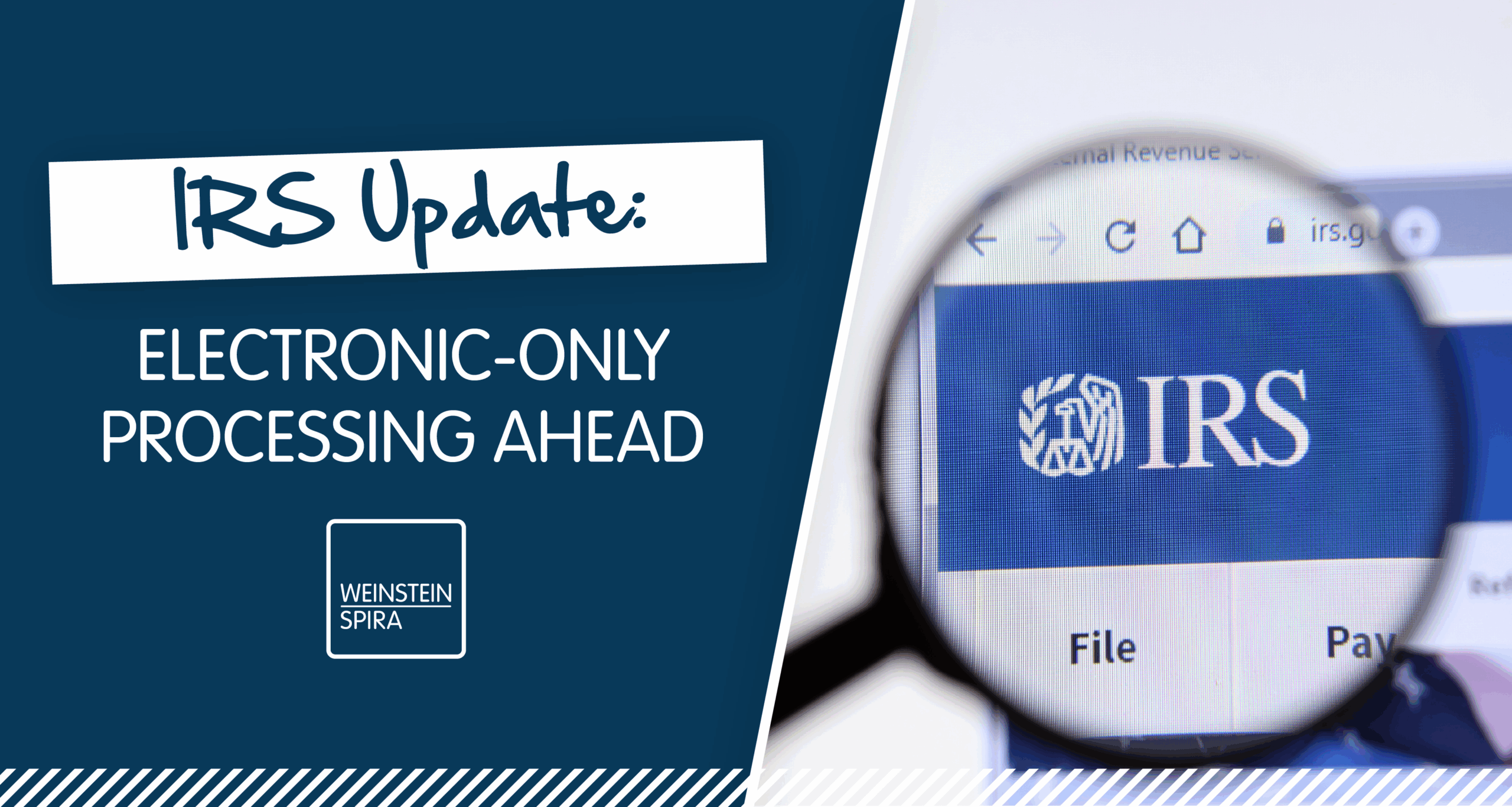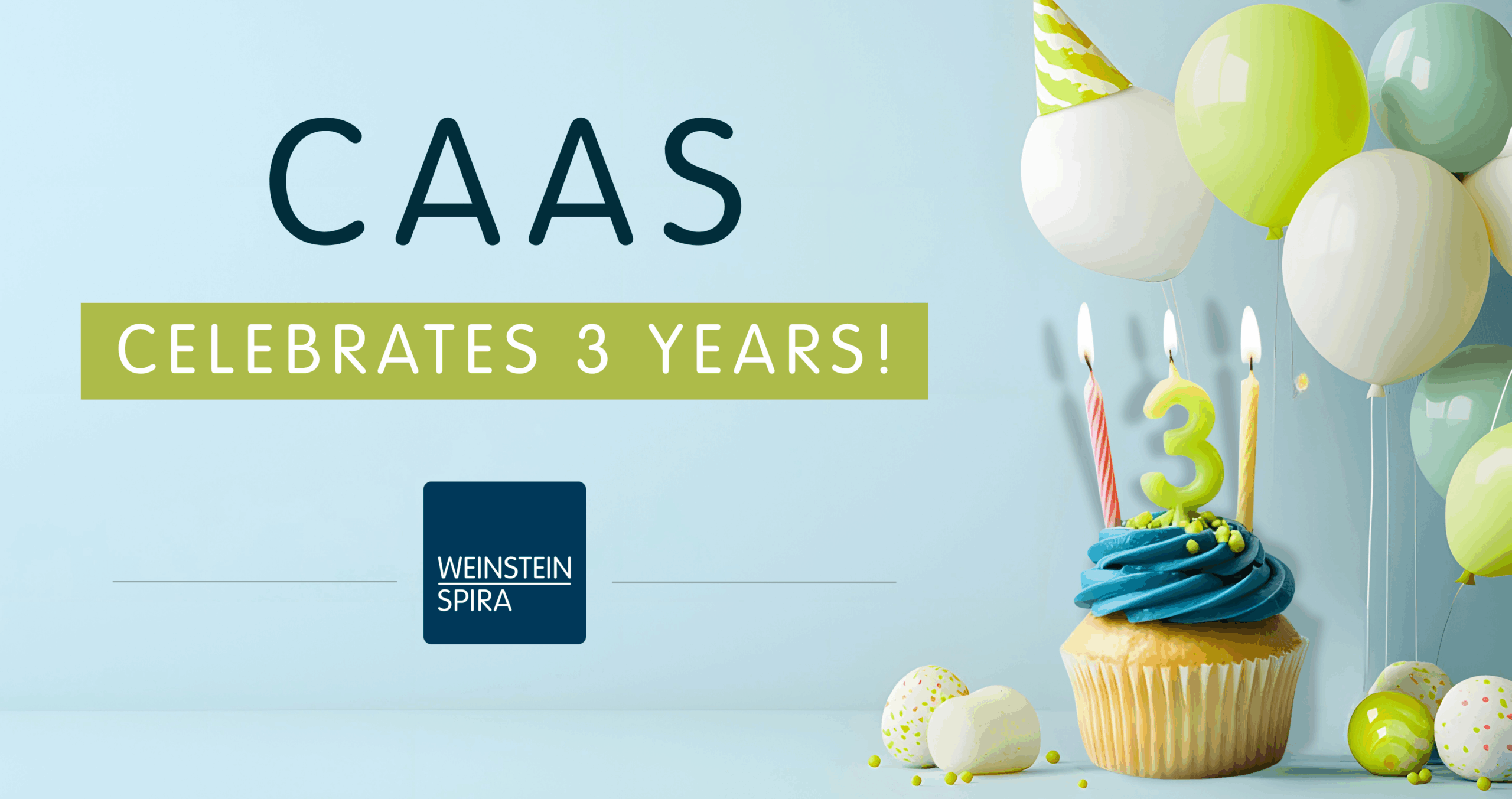Changes are coming soon to how the IRS accepts payments and issues refunds. This is a part of a broader push to modernize how the government handles money. This significant change will affect millions of taxpayers and aims to reduce costs, eliminate inefficiencies and improve payment security.
An executive order signed by President Trump mandates that all federal departments and agencies end their use of paper checks by September 30, 2025. After this date:
- The IRS will no longer be mailing paper checks for tax refunds.
- Taxpayers will be required to transition to other methods such as direct deposit.
- Paper checks will no longer be accepted for payments to the IRS; any payments, including balances due and estimated taxes, will need to be made electronically.
What to Do to Comply with the Change:
For Refunds: Taxpayers who are due a refund for any returns filed after the effective date, will need to provide up-to-date banking information (account and routing numbers) and select direct deposit as their refund method. This will help ensure the funds can be credited properly and avoid delays.
For Payments: Electronic payment options can be accessed by visiting IRS.gov and selecting “Make a Payment”. The IRS has various options for making electronic payments including the following:
- Direct Pay – Allows individuals and business to make payments directly from their bank account without the need to register for an account.
- Electronic Federal Tax Payment System (EFTPS) – Useful for individuals, businesses and trusts. It does require enrollment that can take up to five business days to process, so it is recommended to register for the account well before payments are due. Benefits include:
- Ability to make payments for multiple taxpayers under a single login.
- Ability to cancel payment.
- Can view payment history for up to fifteen days.
- Customer service agents are available for assistance.
Note that this change will also impact Social Security benefits. Individuals currently receiving paper checks will need to sign up for direct deposit either online at SSA.gov or by calling (800) 772-1213 before the effective date.
The executive order does allow for some exceptions for those without banking or electronic payment access or are under emergency circumstances where electronic access would cause undue hardship.
While direct deposit and electronic payment options are not new, the move towards a paperless system is a big step towards modernization. Staying informed and planning ahead can ensure a smooth transition.
Please contact Weinstein Spira with specific questions regarding the IRS Update.



